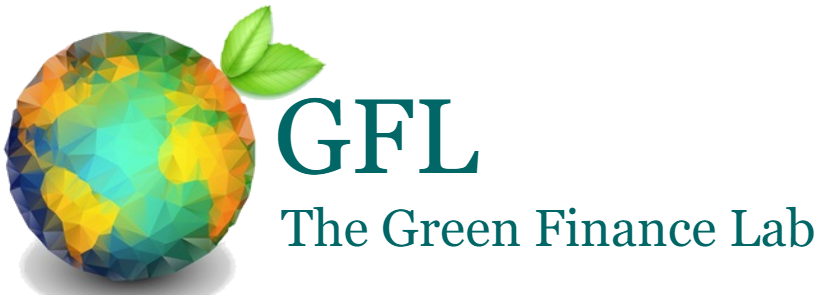INNOVATING POLICY INSTRUMENTS THAT SUPPORT SUSTAINABLE ENTREPRENEURSHIP
INNOVATING POLICY INSTRUMENTS THAT SUPPORT SUSTAINABLE AND RESPONSIBLE ENTREPRENEURSHIP FOR GREEN AND INCLUSIVE ECONOMIES.
The GFL Practitioner Labs for Policy Prototyping (PLPP) bring together policy-makers, eco-inclusive enterprises and other relevant stakeholders (such as enterprise support organisations, networks, and financial institutions) to design policy instruments.
The policy solutions developed are designed to serve the needs of eco-inclusive enterprises, and tackle policy challenges specific to the entrepreneurial ecosystem in green sectors.
The PLPP work towards innovative, tailor-made policy solutions that enable small and growing eco-inclusive enterprises to start, scale, and maximise their environmental, social and economic impacts.
A complete PLPP Cycle operates over the course of a 12-month period, and the works are divided into five phases:
- 1 | CHALLENGE IDENTIFICATION
- 2 | KICK-OFF LAB
- 3 | REFINEMENT
- 4 | SCALE UP
- 5 | PILOT IMPLEMENTATION
1 | CHALLENGE IDENTIFICATION
Identify challenges facing growing eco-inclusive enterprises
In a first phase, together with our partners, we map key stakeholders and actors (policy makers, change makers, enterprise support organisations, enterprises, and implementing partners), their relationships, and existing policy mechanisms to provide a snapshot of the policy-making landscape in the target country. At the same time, we identify sector-specific challenges and opportunities to support the growth of eco-inclusive enterprises.
Outcomes:
At the end of this phase, we publish an input paper mapping the policy landscape, key stakeholders, policy gaps and potential points of intervention. We then identify challenge hosts to drive the policy prototyping process on topics relevant to their work.
2 | KICK-OFF LAB
Co-create policy instruments for green and inclusive enterprises
The Kick-Off Lab is a two-day workshop designed to co-create policy prototypes to the identified policy gaps and challenges.
The prototyping process is facilitated by hands-on and collaborative GFL prototyping tools and makes use of the expertise of participants. All prototypes are challenged and validated by enterprises, who join to share their experience and ensure that prototypes are relevant and accessible.
At the end of the Kick-Off Lab, challenge hosts come away with a clear action plan for the next stages of prototype refinement and partner engagement.
Outcomes: The first innovative policy instrument prototypes are developed.
3 | REFINEMENT
Refine prototypes based on multi-stakeholder feedback
Challenge Hosts seek additional insights and validation of the prototypes. Through iterative testing with eco-inclusive enterprises and user groups, these policy solutions are refined and validated. Together with GFL, challenge hosts also identify potential collaboration and partnership opportunities for piloting of the policy prototype.
Outcomes: Refined and validated solution prototypes ready for the Scale-Up Lab.
4 | SCALE UP
Pitch prototypes, develop roadmap & fortify partnerships
The Scale-Up Lab brings together policy makers, challenge groups, potential implementers and financers to develop a roadmap for implementation and mobilise support for the prototype.
Outcomes: Refined prototypes are presented to policy-makers and implementers. Partnerships are mobilised and potential sources of funding are identified to support the next steps of prototype piloting and scale-up.
5 | PILOT IMPLEMENTATION
Delivery of policy solutions for eco-inclusive enterprises
After the Scale-up Lab, GFL supports challenge hosts to finalise policy briefs that contextualise the prototypes within national and international policy frameworks, and identify potential social and environmental impacts of the policy. Further efforts to mobilise support from other governmental and non-governmental stakeholders towards the pilot roll-out will be explored.
CORE TOPICS

MAYRA GISELLE SHEEN
GFL Policy Prototyping Specialist
Our GFL Policy Prototyping specialist is available to consult. Please contact us if you are a policy-maker or practitioner interested in joining in the GFL Policy Prototyping process.

